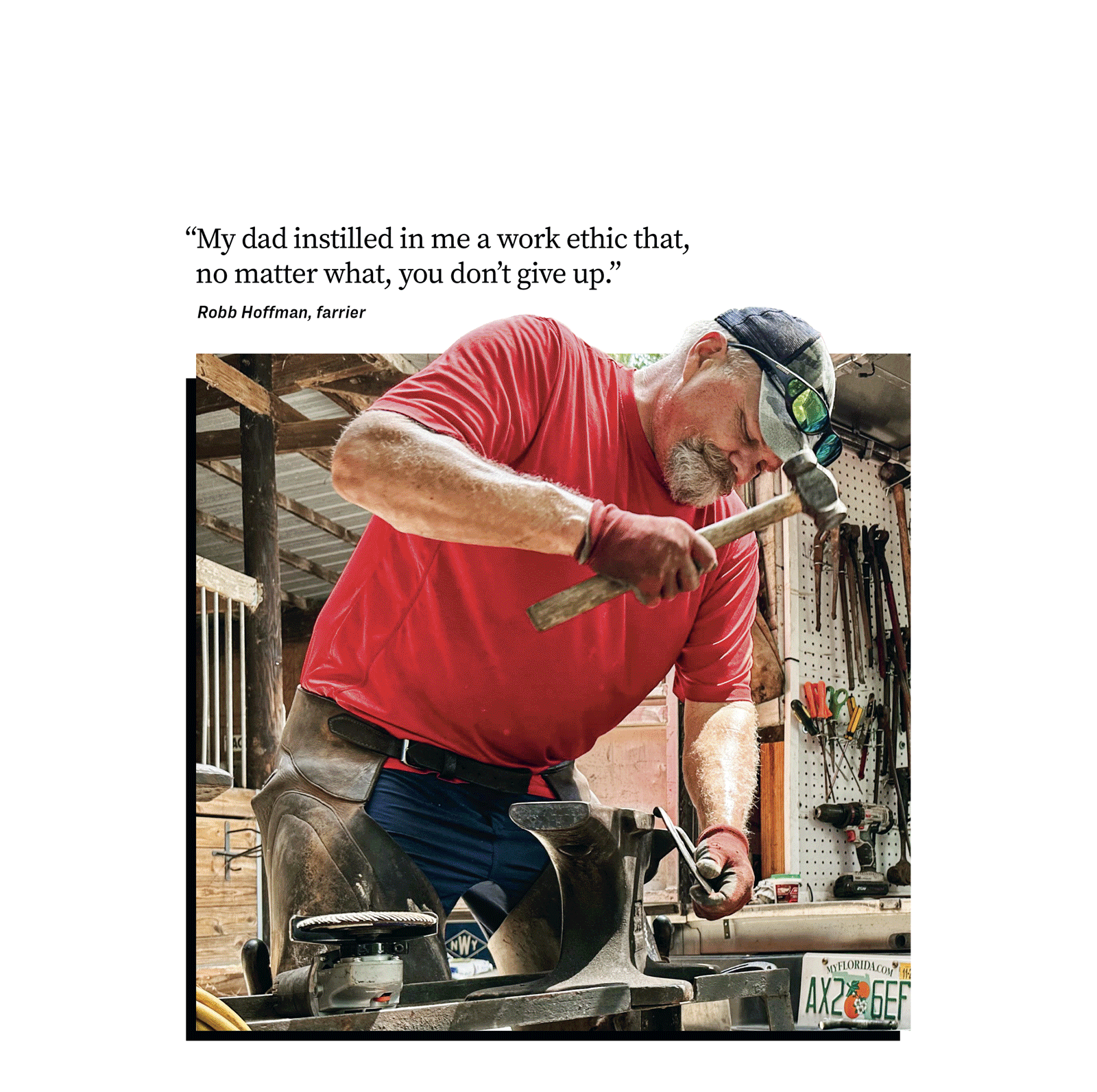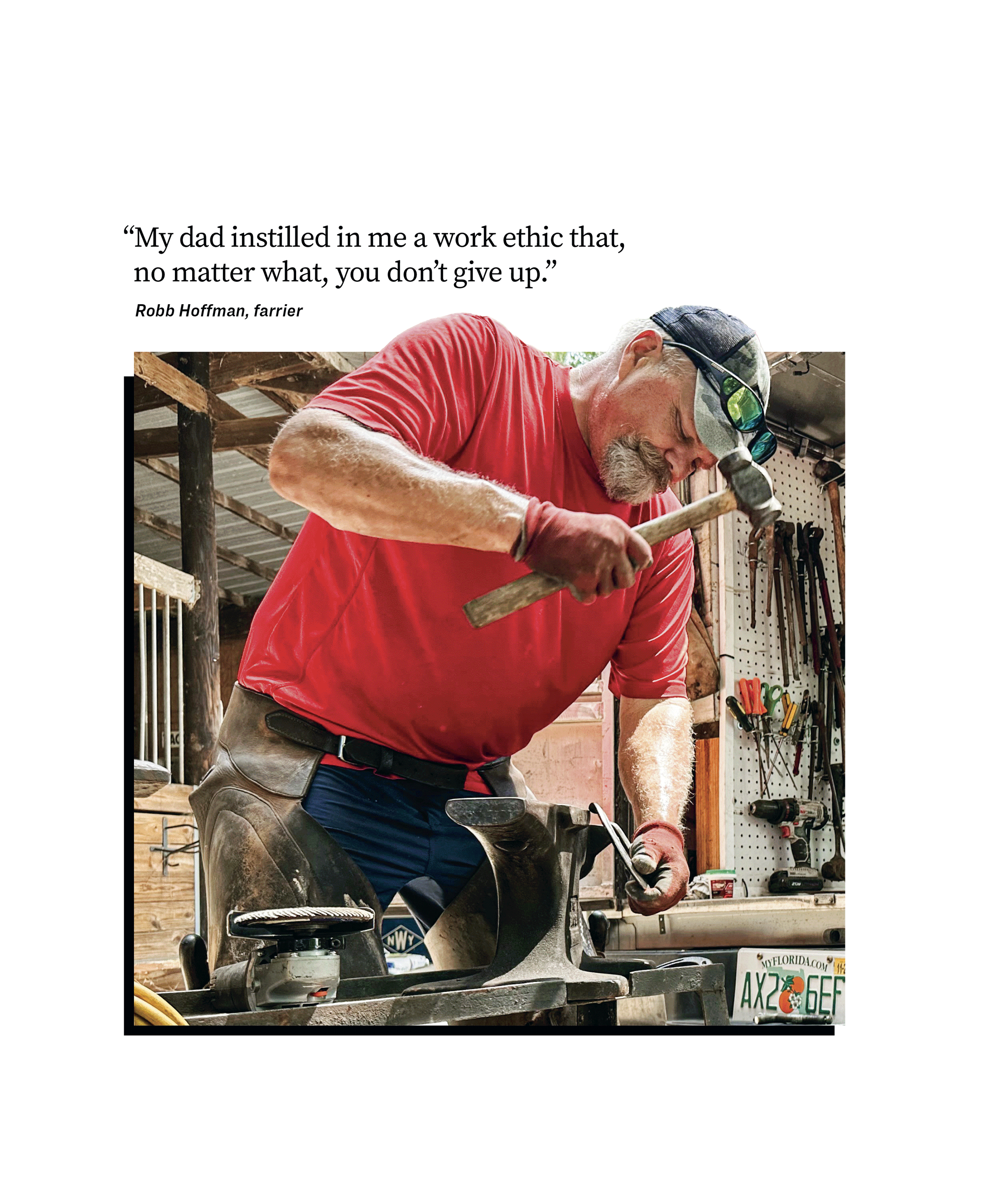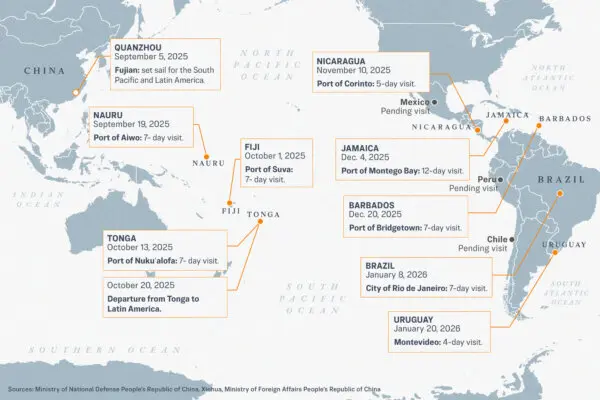Work defines us. It shapes our days, fills our hours, gives meaning to what we do and who we are.
For some, it’s a profession, a career, a calling. Others see a job as a necessity that allows them to do their most important work: raising a family, building a community, pitching in to help others.











